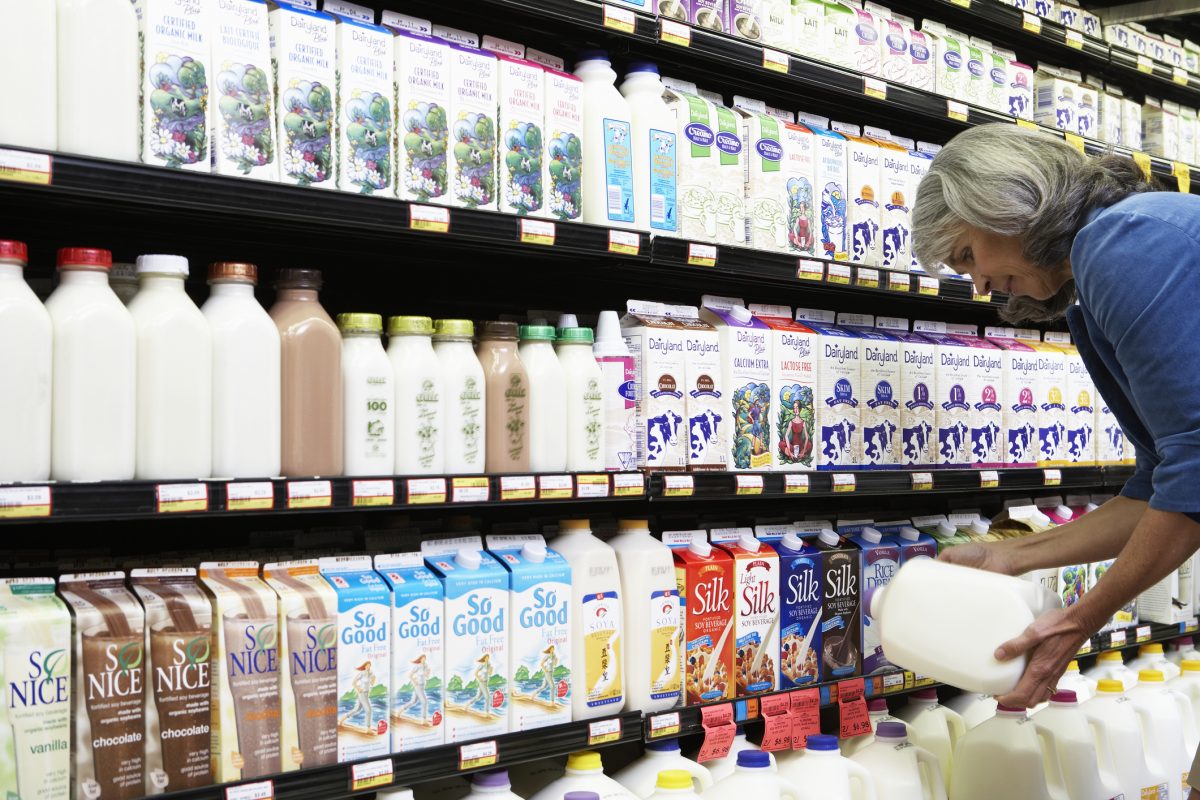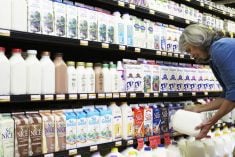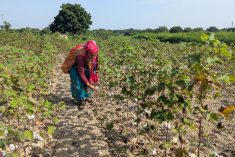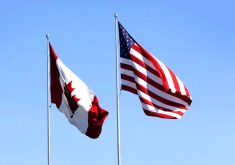Winnipeg, Nov. 16 (CNS) – With Canada in the midst of negotiations for two trade agreements, the North American Free Trade Agreement and the Trans-Pacific Partnership, trade concerns are getting muddled, according to National Post columnist Andrew Coyne, who spoke at Grain World in Winnipeg on Nov. 15.
“We need to be conscious of diversifying our trade interests beyond just North America. It would be extremely foolish that we allow (TPP) to fail and particularly (if) we were an instrumental part of that failure,” he said.
TPP is in a precarious position following Prime Minister Justin Trudeau’s failure to attend a negotiation talk in Japan earlier this week. Coyne is concerned Canada is getting too wrapped up in a “fortress North America” mentality.
Read Also

Trade tensions boosted confidence in Canadian food system, report shows
U.S. tariff threats have boosted Canadians’ view of the nation’s food system according to the 2025 public trust report from the Canadian Centre for Food Integrity. Trust in Canadian farmers remains high but has been eclipsed by trust in scientists.
“We can have a lower rule of origin for TPP than we do in NAFTA and there’s nothing wrong with that. It may annoy Donald Trump, but who cares,” Coyne said.
NAFTA negotiations haven’t been going the best either, with Canada and Mexico having to familiarize themselves with United States President Donald Trump and his different style of government.
“(Trump’s) policies are impossible to predict, partly because he doesn’t have many, or if he does he changes his mind depending on who he talked to last. He’s deeply ignorant with every major policy issue,” Coyne said.
Trump’s threats to do away with NAFTA are a concern, but Coyne said it’s not clear if he actually can get rid of the trade agreement. Trump may be able to give notice of withdrawing from NAFTA, but Congress would still have to repeal all the legislation enabling NAFTA.
“It’s far from clear that he can actually make good on this threat. But nevertheless it’s not an entirely impossible and we have to be aware of it and we have to be frankly willing to entertain that possibility,” Coyne said.
If NAFTA is trashed it’s not clear what would happen. Canada could revert to the original Canada-U.S. Free Trade Agreement, which Coyne says would be “bearable.”
“This is a government, a president, that just fundamentally doesn’t believe in free trade. You look at some of the demands in the negotiating table, they’re preposterous,” Coyne said.
The rule of origin — the U.S. wants half of all parts and vehicles that cross borders under the pact be made in the U.S. — and the five-year sunset clauses have made for difficult negotiations, according to Coyne. Ending the Chapter 19 dispute resolution would be a huge loss as it was one of Canada’s biggest gains in NAFTA.
But Canada isn’t completely blameless in the negotiations, according to Coyne. Canada’s protectionist views have been put on full display throughout the rounds of negotiations.
“We’ve come to the table with some ridiculous demands of our own … mindful of new things that will appeal to (the government’s) Liberal constituencies,” Coyne said.
It is farfetched to demand a climate change, Indigenous or gender chapter from Trump, Coyne said.
“There’s been a lot of showboating and I would say unrealistic demands on both sides. And there are some concessions we should make, if they want us to get rid of supply management I would sign up as fast as I possibly could,” he said.














